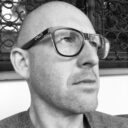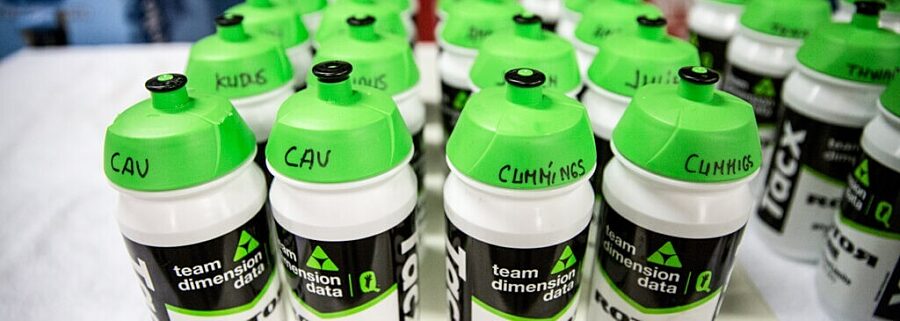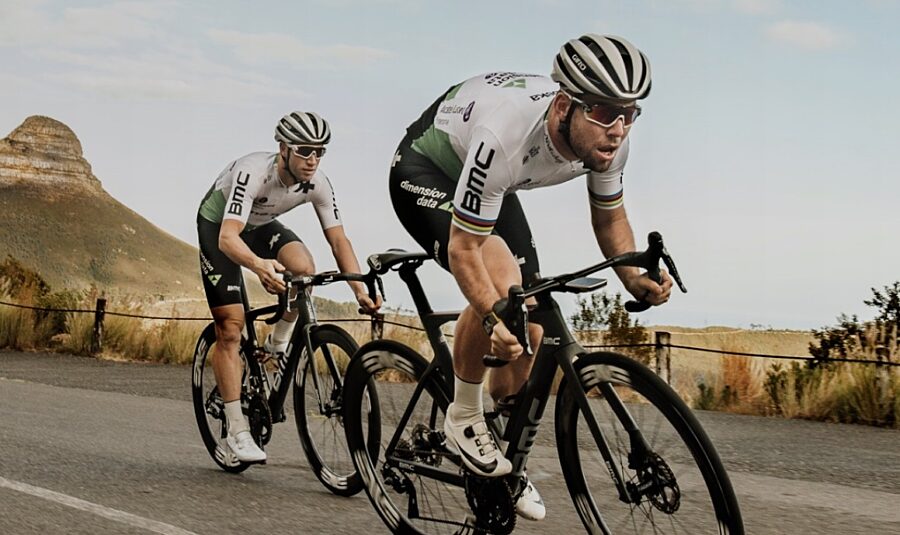"Were the others just more gifted, or was I doing something wrong?"
ESSAY TWO: Go Slow, to Go Fast(er) by Dr Jon Baker
Looking back at my racing career, I had it all wrong. Most cyclists do too.
Finding The Limit
I was a decent junior mountain bike racer – top ten nationally. I trained hard all the time. I was constantly pushing. One more climb, one more interval. Faster. Faster!
But when I moved to the elite category, the speed stayed the same, but the race distance doubled. My "train harder" mentality didn't work anymore. I'd found my limit.
Were the others just more gifted, or was I doing something wrong?
This question and my fascination with "optimising performance" led me to university in the early 2000s.
For ten years, I studied, then researched, and finally taught what causes fatigue and the mechanistic basis of endurance performance.
Since then, I've been applying what I've learned to cyclists of all abilities. They've won stages at all three grand tours. Worn the yellow jersey at the Tour de France and ridden in multiple Olympic Games. They've raced on the road, the dirt, and even across a continent. One is currently riding a lap of the globe.
That Was Then
Twenty-five years after my own plateau, I now understand how to train effectively and how to optimise an athlete's performance. What's most interesting is that the training methods used by the best cyclists also translate to the masses. But very few are training this way.
You don't have to have lofty competitive goals. But, if you want to be a little faster, to enjoy the bike more, lose weight, maybe ride a hundred miles, take an elusive Strava segment, tackle multiple Alpine climbs… I can help.
One of Three
In my experience, there are three types of cyclists:
- Are committed to the "no pain, no gain" philosophy. Whenever they ride, it's a race. All they talk about is Zwift races, Strava segments, winning the club run. If they're not on the floor in bits after a ride, they're not happy.
- Feel that it's too much pain, for not enough gain. These people see what the no pain, no gainers do, and that's not for them. They don't enjoy suffering and cruise around semi-easy most of the time.
- Just want to be faster. There's a desire to improve, to be faster. But they're lost in all the information online and the opinions of friends and teammates.
Sound familiar? If so, I understand. I also wanted to be faster, and I didn't know-how. So, I adopted the no pain, no gain approach - strategy number 1.
"To go faster, first, we must slow down. Counterintuitive, but true"
Often, there are two common mistakes:
Fear of missing out. There's so much available information on training and performance that it's easy to become overwhelmed. Trying to squeeze everything into a training plan results in excessive fatigue and doing nothing particularly well.
A solution: Simplify your training. Have one goal per session and do that one thing incredibly well. Focus on consistently completing your key sessions and avoiding all the noise and distractions.
Leaning into Intensity. Many cyclists have limited training time. In a futile attempt to get more out of their training, they up the intensity. Under the false perception that trying harder, suffering more, is the way to improve performance. That's just wrong.
To go faster, first, we must slow down. Counterintuitive, but true.
Learn To Endure
Cycling is an endurance sport, and the very name gives a clue as to the training we should endure.
Most riders push too hard whenever they train, and especially during their long endurance rides. This creates fatigue that slowly accumulates over time, reduces the quality of future training sessions, and adaptations to training.
Instead, if we slow our long rides down, we improve our ability to use fuel to produce power efficiently. We also reduce our day-to-day fatigue, enabling higher quality training on the few days we train harder.
Essentially, we should focus much of our training on improving our aerobic energy systems. These are the foundation of cycling performance, and they determine how fast we can go in almost all situations.
Then once, maybe twice a week, we switch to higher-intensity training. Performing these sessions when we're fresh enables us to push further than before, maximising the training effect.
Simplifying training and performing high-quality sessions at the correct exercise intensity is the key to better performance. This combination of primarily easy, sometimes hard riding increases training volume and enhances training quality over time. This is the key to endurance performance.
Good luck.
Jon
If you’d like more essay’s like this, join Jon's email list here.
Jonathan Baker
Ph.DFounder // PALMARES
- - - - - - -




